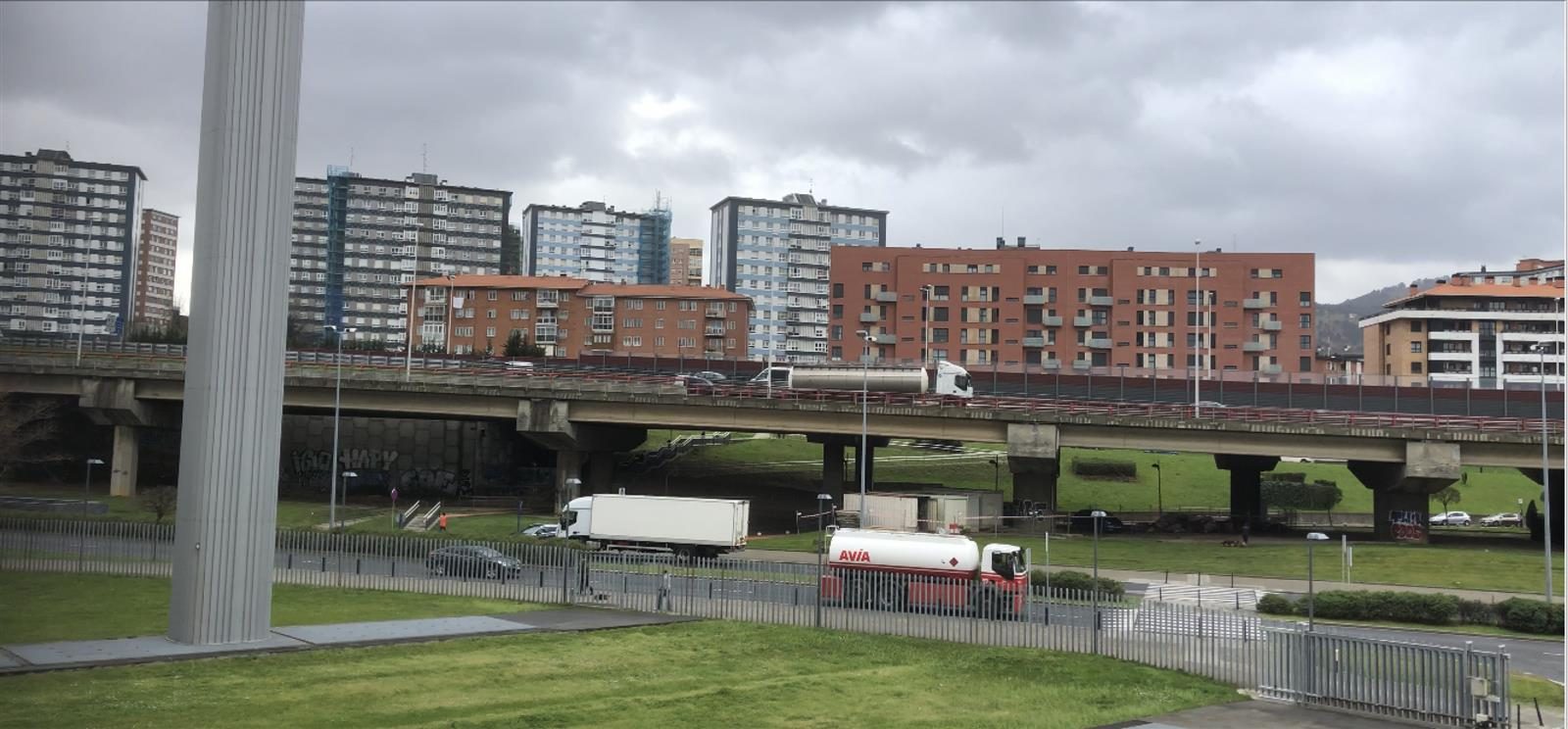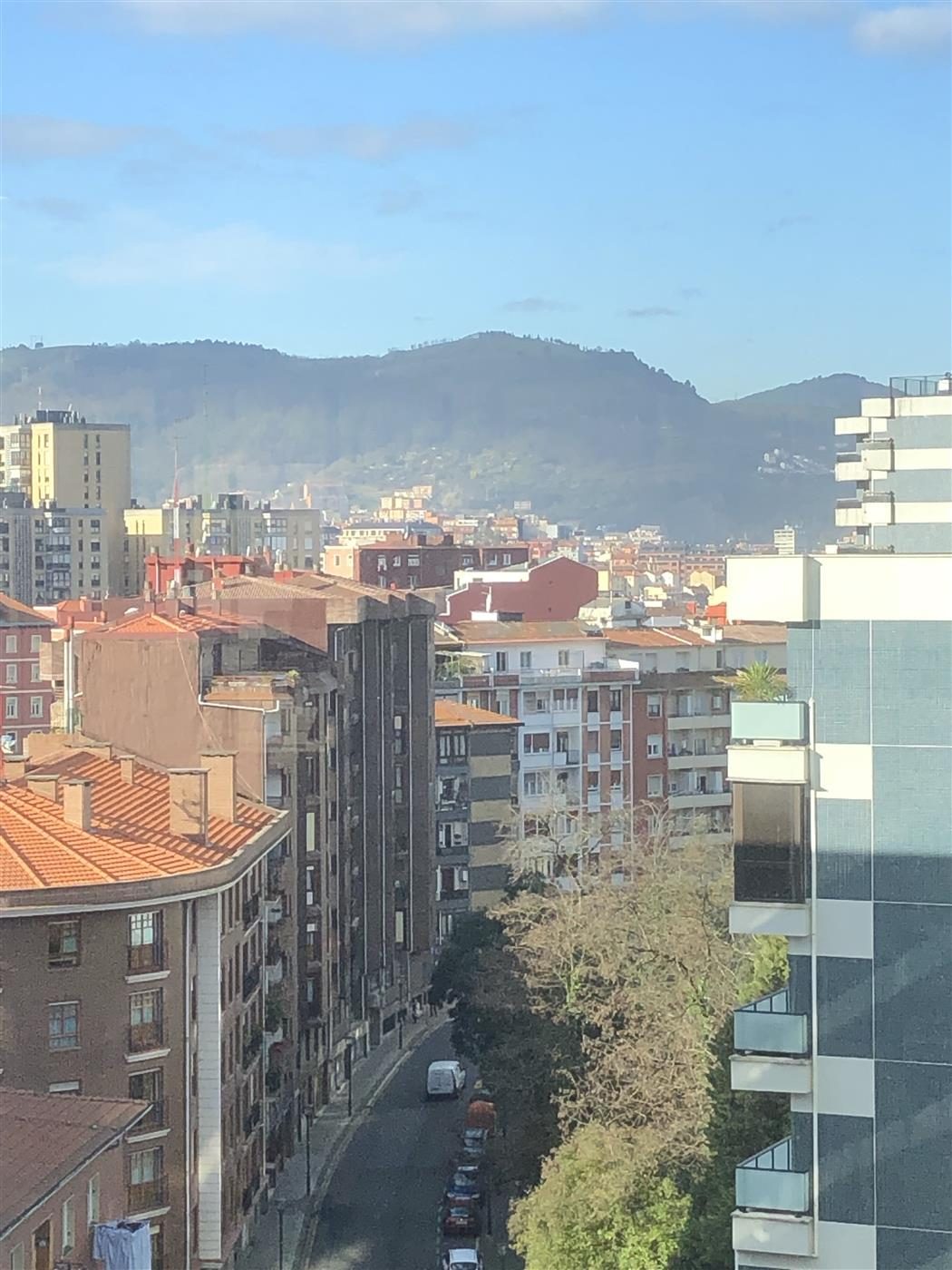
Our colleagues at the International Truck of the Year (ITOY) Jury in Europe have been keeping all their members updated with the situation on the ground as to the effect coronavirus is having on the transport industry across the various European states.
It makes for interesting reading and offers some perspective on the situation. All updates are as of Thursday 19 March.
Austria
Driving times and Sunday driving restrictions are loosened for the time being. Transport is working more or less as normal. Keeping the supply chain for food and other essential goods running is one of the primary goals.
Belgium
An exception has been made for driving and rest times when it comes to the supply of food, medicines and other essential resources. The measures on flexible driving times are prolonged until 31 March. Weekly working hours go from 56 to 60, two-weekly from 90 to 96 hours. Drivers must state the reason for the deviation from the normal limits on the printouts or on the back of the tachograph disc. This is the usual procedure in an emergency.
Technical inspections stations have closed down, so it is no longer possible to take vehicles for their six-month technical overview.
Bulgaria
All transit trucks coming from risk countries (Italy, Span, Iran, South Korea and China) are escorted by the police. The truck traffic on the borders with Greece and Turkey is very intense. On the Turkish border Turkish authorities have mounted thermo cameras for measuring the temperature of the incoming passengers, slowing progress.

Czech Republic
All borders with neighbouring states are closed but the movement of goods is not restricted for vehicles declared as utility and freight. On the Czech-Polish and Czech-Slovak borders there are queues reaching 30 to 40km because of the border administration by the Polish and Slovak border control.
At night, the Czech government took advantage of the state of emergency and confiscated 10,000 pieces of protective equipment from companies that wanted to sell it for up to 60 times the normal price.
Denmark
All borders closed in Denmark except entry only for Danish citizens, foreigners who permanently live/work in Denmark, or essential services. Rules of weekly rest are currently suspended, and all trucks can enter the ‘green zones‘ in the big cities. Also, some other administrative rules are loosened regarding drivers‘ daily work, since renewal of certain permits is currently impossible.
Finland
Emergency and emergency laws came into force on 18 March. Finnair, which operated 12,000 flights a month, has cut 90% of its traffic. Borders with Norway are closed. The ferry service is suspended on Tallinn-Stockholm, Riga-Stockholm and partly on Helsinki-Tallinn.
France
Many transport companies are already out of work and for the truckers who are still working, the biggest problem is being able to live on the road. Truck stops are closed and trucks in France are not designed for long stays or self-cooking. Truck dealers in France have closed branches because of too little work but breakdown services remain active. Only food, medical and petrol supplies are still functioning.
Germany
In Germany the borders to at least five neighbouring countries are closed except for urgent reasons and cargo transport. Weekend limits of truck transport have been abandoned. Street transport is not limited yet, but is at an extreme low level as the borders of the transit ways are closed. Deliveries of goods and food are running without problems.
Greece
All shops are closed with the exception of supermarkets, pharmacies and gas stations. Road transport is currently not restricted and ferries to Italy are still operational for trucks and drivers. Driving and rest hours have not been changed. All borders remain open for trucks, but waiting hours are long. A full-scale ban on passenger car traffic appears to be imminent.
Ireland
Governmental support for international hauliers has been established. Auto industry has ground to a halt. Essential services, supply chains and utilities will keep operating. The Road Safety Authority has postponed site compliance audits, but all operators and drivers are expected to comply with current requirements and to act responsibly in respect of their legal obligations.
Italy
Road transport is still working properly and there is no fuel shortage for the time being. ‘Home delivery‘ for truck drivers on the road has been implemented. Some restaurants accept orders by phone or email. Drivers can find a suitable parking lot for their trucks near a restaurant. They will get the meal as a special ‘home delivery‘. The number of these ‘home delivery‘ restaurants is increasing at a very fast pace.
Netherlands
Transport and logistics have been declared by the government as ‘essential labour‘. All transport is ongoing and there have been no problems at the borders for goods transport. But there have been bad reports coming from drivers who are being treated badly at depots, not allowed to use toilets or even get out of their trucks. Restaurants and truck stops are closed, so truckers are advised to take their own food. Some truck stops are open for showers/toilets, some restaurants have started takeaway services. National transport organisations have urged the government to have truck stops open for all services for truck drivers.
Truckers from other segments who are now without work are asked to or are offering to join the food supply chain. Some in the sector are calling out to cancel regulations for curfew times and low emission zones to ensure proper logistics. The Minister of Transport will look at skipping driving times.
Norway
Borders are closed for all non-residents except for transport. All transporters are exempt from driving hours rules. They only have to stop for 45-minute breaks and have the minimum of nine hours rest. The situation for the drivers is reported as getting a little better since some of the closed toilets and showers have been reopened. The health department has ordered that all these places along the roads are mandatory to keep open. Drivers‘ licences currently expiring have an automatic extension of six months.
Poland
Road transport is working and borders are open to trucks. Driving time rules have been changed, up to 19 April truck drivers may drive 11 hours per day or 60 per week with no penalties.
Portugal
Portugal is afraid of what the impacts of Spain‘s decisions will be. The government is closing down schools, restaurants and night life. Only 50 people are allowed inside each supermarket at one time. For now, no borders have been closed and there are no changes concerning truck drivers.
Romania/Hungary
There are many problems for Romanian transport. Borders are almost all closed, even to trucks. Drivers should provide a medical certificate to prove they are not infected with coronavirus and the certificate should not be older than four days. However, no drivers have such a certificate, because to be tested they need to have symptoms.
Hungary is allowing foreign trucks to cross the Slovenian-Hungarian border only between 9pm and midnight and only 15 trucks every 10 minutes, so no more than 200 trucks per day! Transport companies should provide detailed information before requesting to cross the border, including the hour and minute when they intend to cross.
Transport companies are fighting for each kilometre, for each driver, especially now that very few drivers are willing to go to Italy at the moment. And when they go, they stay in long queues at the borders when returning home.

Spain
Road transport is working normally in Spain to provide the goods required in the retail outlets. The government has cancelled driving times. All land borders with France and Portugal are closed; only the passage of merchandise (transport is not affected), residents and for ‘greater cause‘ will be allowed.
It‘s been ordered that service stations supply food and drink, as well as access to toilets, for transport professionals.
Sweden
Tourist flights from Sweden are cancelled but there are some regular flights to important destinations according to a timetable. Stena, which has ferry lines to Denmark, Germany and Poland, has stopped passenger traffic but not freight transport.
Switzerland
Goods are not affected by border controls and are still allowed to enter the country and to transit. There are no special rules concerning driving times. From Thursday 19 March frequencies of public transport will be halved for long-distance, regional and city.
United Kingdom
On 18 March the EU drivers‘ hours rules were relaxed on the movement of certain items, in an attempt to keep supermarket shelves stocked. UK borders are open and trucks are not affected by any restrictions. Night-time curfews have been relaxed.
There are plenty of stories of truck drivers being (illegally) refused access to customers‘ toilets because of the virus. The Road Haulage Association (RHA) in the UK is imploring the government to pledge immediate financial support for hauliers who face going out of business because of the coronavirus crisis.
Impact on the automotive industry
The coronavirus emergency is disrupting Europe’s automotive industry, forcing plants to close or reduce production. DAF will stop production lines in Eindhoven from 23 March. Scania will do the same in all of Europe from 25 March.
Across Europe an increasing number of manufacturers have announced that they are closing their plants, including BMW, Fiat, Ford, Hyundai, Mercedes-Benz, Nissan, PSA, Renault, Skoda and Toyota. Auto dealerships have closed and as raw materials suppliers cease production, logistics operations have also comes to a halt, a major issue for members of the Association of European Vehicle Logistics.





